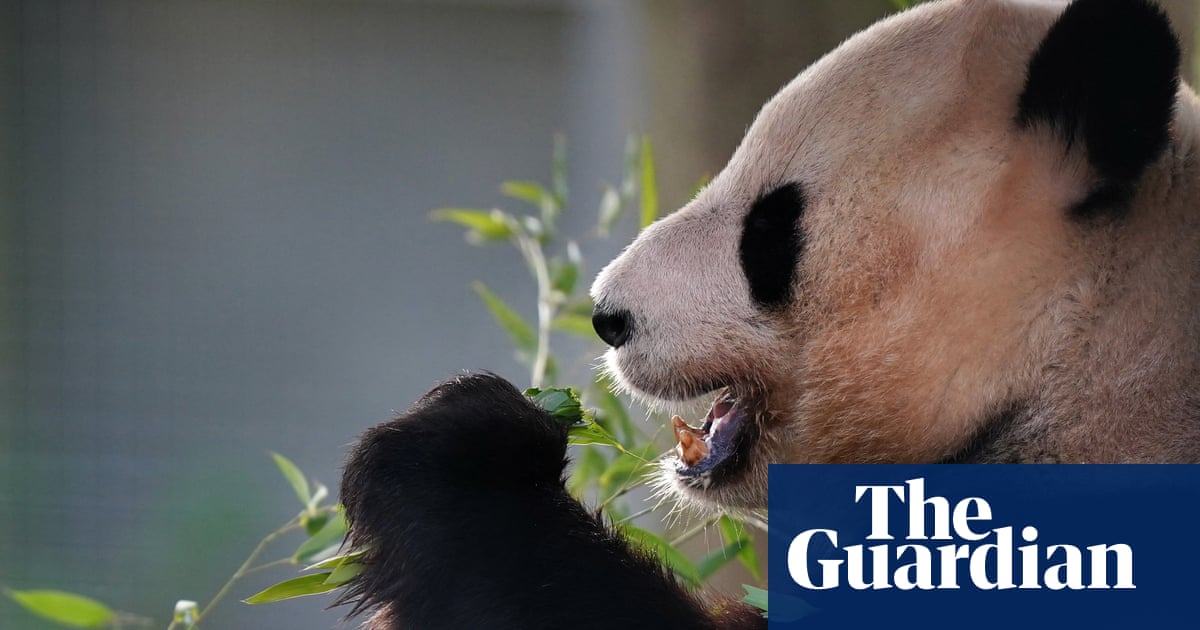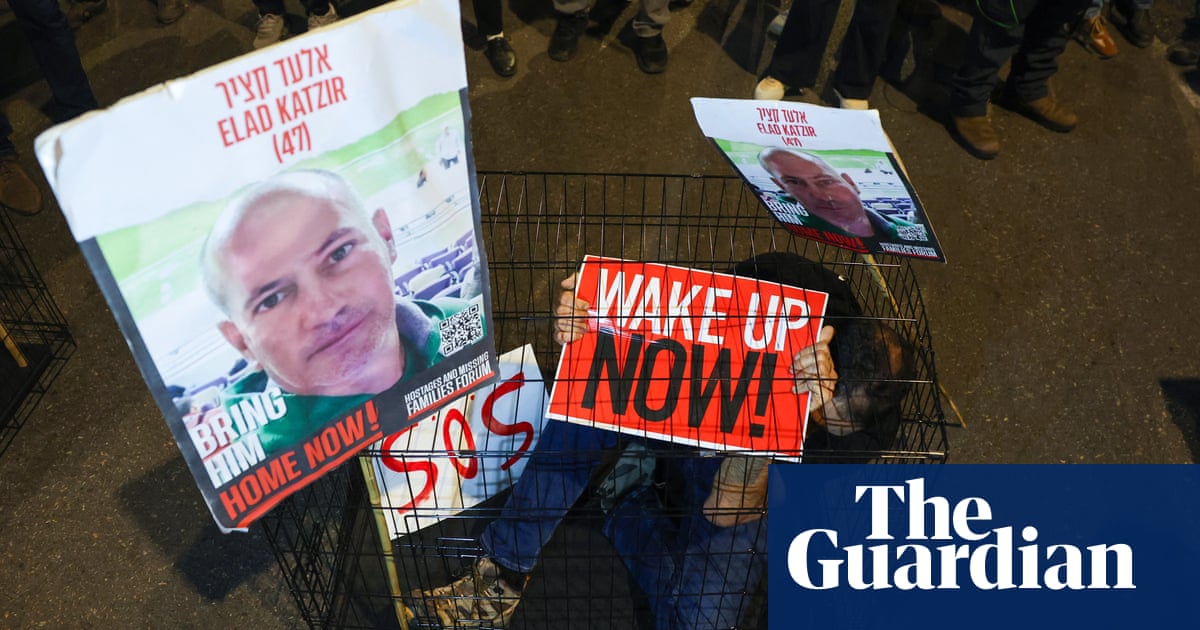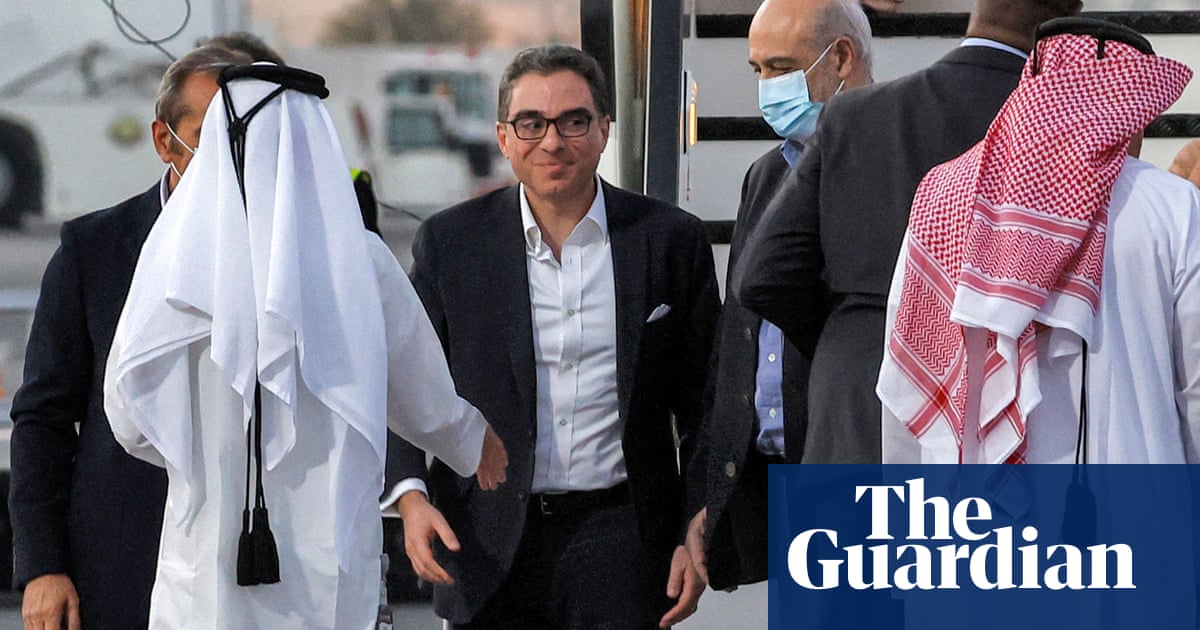
The more than 1,000-day ordeal of two Canadian citizens, detained by Beijing in what critics had labelled an act of “hostage diplomacy” over a Chinese executive arrested on US fraud charges, came to an end on Saturday, with all parties arriving back on their respective home soil.
The plane carrying Michael Kovrig and Michael Spavor arrived in Calgary, a location which had not been publicly disclosed. The Canadian prime minister, Justin Trudeau, embraced them on the tarmac. The plane had left Chinese airspace just hours after US authorities reached an agreement allowing Chinese Huawei executive, Meng Wanzhou, to return to China in exchange for admitting wrongdoing in a fraud case.
Zhao Lijian, ministry of foreign affairs spokesperson, said her return was enabled by the “unremitting efforts of the Chinese government”. State media coverage largely avoided discussing the two Michaels and social media posts were quickly censored.
Hours after the two Michaels arrived in Calgary, Meng’s government-chartered flight landed in Shenzhen, welcomed by blanket state media coverage and supporters. In Shenzhen, the 550-metre tall Ping An finance centre high-rise lit up with the words, “Welcome Meng Wanzhou home!”
Stepping off the plane, Meng read a prepared speech. “Finally I have come back home,” she said to cheers. “After a torturous more than 1,000 days waiting I have finally come back to the embrace of my motherland. As an ordinary Chinese citizen, I have suffered for three years overseas. Every moment I was stranded overseas I could feel the strength and warmth, given by my people and the government.”
The two Michaels, as they came to be known, were detained in December 2018 on accusations of espionage, shortly after Vancouver police arrested Meng on a US warrant, over allegations she and the company breached economic sanctions on Iran.
The two Michaels maintained their innocence, and Canada and other western governments had accused China of engaging in “hostage diplomacy”, arbitrarily arresting the men on charges Canada said were baseless.
On Saturday China’s foreign affairs spokesperson Hua Chunying said Meng’s arrest was “an incident of political persecution against a Chinese citizen, with the purpose of suppressing China’s hi-tech enterprises”.
China has long denied their arrest was connected with Meng’s detention, while suggesting their fates were tied to hers. The Canadians’ cases moved slowly, with developments often coinciding with key stages of Meng’s extradition hearing. In the end, China released the two Michaels without providing any legal reason. Spavor had been sentenced to 11 years in prison last month, while Kovrig’s verdict, after a secret trial in March, had yet to be announced.
“These two men have been through an unbelievably difficult situation, but it is inspiring and it is good news for all of us that they are on their way home to their families,” said Trudeau on Friday evening, announcing their release.
Spavor – who lived near the North Korean border and arranged cultural exchanges – was accused of supplying intelligence to Kovrig, a former diplomat turned analyst for the International Crisis Group, according to state media. They were tried in secret.
At the same time as the two Michaels were arrested, Chinese authorities also increased the sentence against fellow Canadian Robert Schellenberg, from 15 years in jail to a death sentence.
At least four other Canadians are on death sentences in China, with escalations in their cases coinciding with developments in Meng’s case, Margaret McCuaig-Johnston, a senior fellow at the University of Ottawa told the National Post in March.
The detentions have left Canada-China relations at a historic low. Trudeau on Friday would not be drawn on how the case had affected the relationship with China. He said he had spoken to China’s leader, Xi Jinping, “a number of years ago” about the case, and Canada would continue to stand up for Canadians’ interests around the world.
The US secretary of state, Antony Blinken, said the US government was pleased the men were returning to Canada, and stood with the international community in welcoming China’s decision to release the men “after more than two-and-a-half years of arbitrary detention”.
Kovrig’s employer, the International Crisis Group, said staff were overjoyed and thanked the Canadian government and officials, and Kovrig’s family for “their brave and unstinting pursuit of his freedom”.
Earlier on Friday the US department of justice announced it had reached a deal with Meng, Huawei’s chief financial officer and daughter of the company’s founder, for a deferred prosecution. Under the deal, Meng admitted to wrongdoing in key elements of the case, including misleading unnamed financial institutions about the business relationship between Huawei and a subsidiary in Iran.
Prosecutors recommended she be released and returned home. Meng had been held under loose house arrest which allowed her to travel around Vancouver during the day, and return home at night. During the pandemic, her husband, son and daughter were able to visit her.
“Over the past three years my life has been turned upside down. It was a disruptive time for me as a mother, as a wife,” Meng said after the hearing. “But I believe every cloud has a silver lining. It really was an invaluable experience in my life. I will never forget all the good wishes I received from people around the world,” she said.
Meng will now complete a period of time in isolated quarantine in China.












